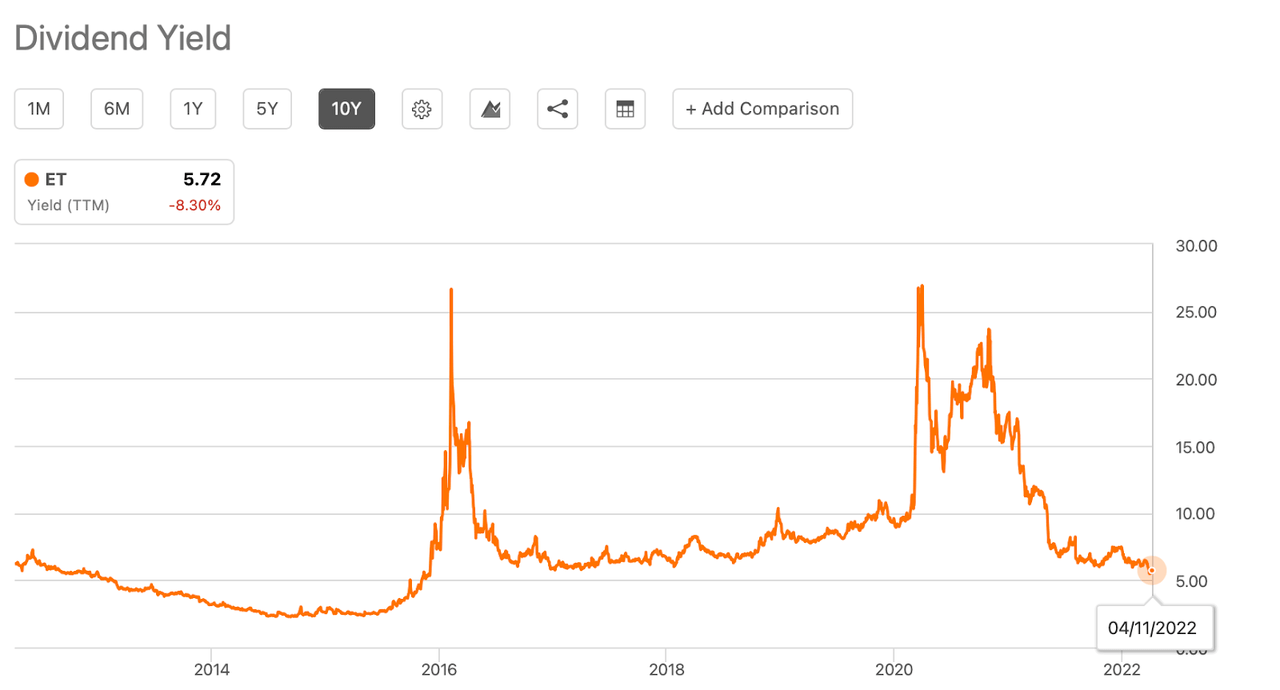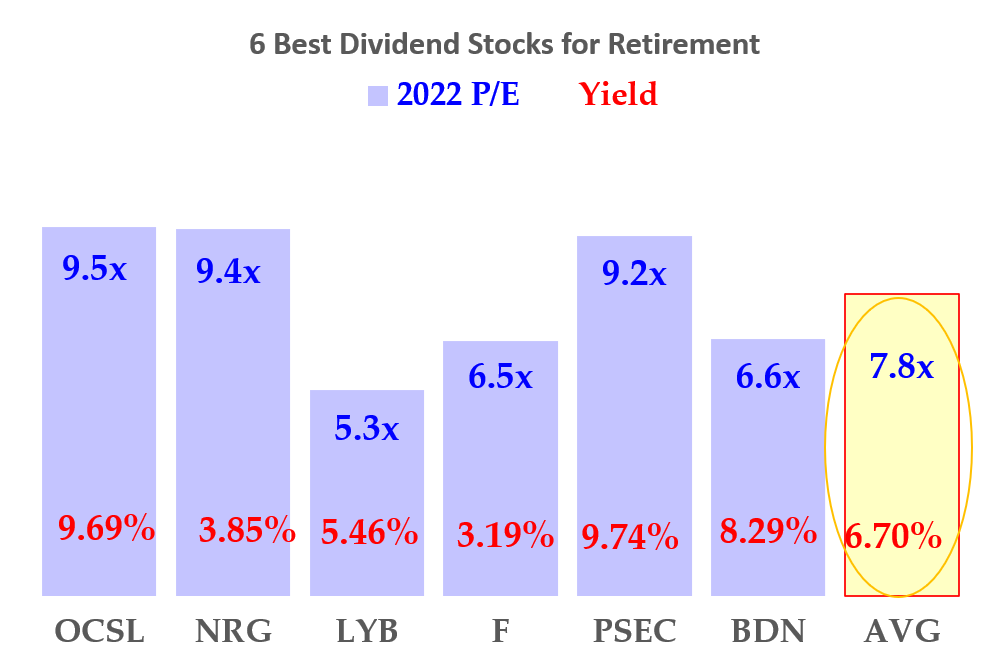
You can make an investment in an exchange traded fund (ETF) if your interest is in real-estate investing, but you don't need the funds to buy a house. The exchange-traded funds are investments in companies that own or operate real estate properties. The buy-in required to invest in these funds is lower than for crowdfunding projects. These investments offer the opportunity to make small, incremental investment, which is not possible with crowdfunding projects.
Investing commercial property
The most popular way to invest commercial property is through real estate investment trusts. These funds invest directly in real-estate securities and are eligible for tax incentives when they own commercial property. Mutual funds can also be used to invest into commercial realty. The disadvantages of non-public REITs include low liquidity, high fees, and limited transparency. This method has its advantages.

Investing in real estate ETFs
While investing in ETFs for Real Estate can help you build your wealth, there are also some disadvantages. Real estate is a complex industry. It is not easy to invest in individual properties in a particular market. ETFs offer a great way of diversifying your portfolio and to avoid the risks involved in real estate investing. These exchange traded funds are easy to purchase, sell, manage, and maintain. Investors have the option to buy ETFs via online brokerage platforms.
Partnering up
If you have limited capital, it may be possible to invest in real property without purchasing a property. While you can invest without owning any money, you should have a reliable network to help you. These are some great tips to help you invest in realty without having to buy property. Publicly traded companies such as hotels, construction firms, and real-estate companies can be also a good option. These companies' stock values are affected by the real estate market.
Investing In REITs
There are many benefits to investing in REITs and disadvantages to purchasing real estate. These funds can have a relatively low minimum investment, but they are less flexible than individual property investments. REITs have a tendency to fluctuate with market conditions, so you might not be able to benefit as much from an increase in the value of your local neighborhood. You can still earn a good income with REITs even if the property is not your dream.

Investing Individually in Properties
Real estate investment vehicles are a great way to get exposure to the property market without having to spend a huge amount of money. While traditional real estate investment vehicles required large amounts of capital, these vehicles require relatively small amounts of money to start. Investing in individual properties can be as easy as picking a neighborhood, and there are many crowdfunding options that can allow you to invest as little as a few dollars.
FAQ
How are share prices established?
Investors who seek a return for their investments set the share price. They want to make money from the company. They buy shares at a fixed price. The investor will make more profit if shares go up. Investors lose money if the share price drops.
Investors are motivated to make as much as possible. This is why they invest. They can make lots of money.
Why are marketable securities Important?
The main purpose of an investment company is to provide investors with income from investments. This is done by investing in different types of financial instruments, such as bonds and stocks. These securities offer investors attractive characteristics. They are considered safe because they are backed 100% by the issuer's faith and credit, they pay dividends or interest, offer growth potential, or they have tax advantages.
The most important characteristic of any security is whether it is considered to be "marketable." This is how easy the security can trade on the stock exchange. Securities that are not marketable cannot be bought and sold freely but must be acquired through a broker who charges a commission for doing so.
Marketable securities include government and corporate bonds, preferred stocks, common stocks, convertible debentures, unit trusts, real estate investment trusts, money market funds, and exchange-traded funds.
These securities are a source of higher profits for investment companies than shares or equities.
How does inflation affect stock markets?
Inflation is a factor that affects the stock market. Investors need to pay less annually for goods and services. As prices rise, stocks fall. Stocks fall as a result.
What is a mutual-fund?
Mutual funds can be described as pools of money that invest in securities. They provide diversification so that all types of investments are represented in the pool. This reduces the risk.
Professional managers are responsible for managing mutual funds. They also make sure that the fund's investments are made correctly. Some mutual funds allow investors to manage their portfolios.
Because they are less complicated and more risky, mutual funds are preferred to individual stocks.
Statistics
- The S&P 500 has grown about 10.5% per year since its establishment in the 1920s. (investopedia.com)
- For instance, an individual or entity that owns 100,000 shares of a company with one million outstanding shares would have a 10% ownership stake. (investopedia.com)
- Our focus on Main Street investors reflects the fact that American households own $38 trillion worth of equities, more than 59 percent of the U.S. equity market either directly or indirectly through mutual funds, retirement accounts, and other investments. (sec.gov)
- "If all of your money's in one stock, you could potentially lose 50% of it overnight," Moore says. (nerdwallet.com)
External Links
How To
How to Invest in Stock Market Online
You can make money by investing in stocks. There are many options for investing in stocks, such as mutual funds, exchange traded funds (ETFs), and hedge funds. Your risk tolerance, financial goals and knowledge of the markets will determine which investment strategy is best.
First, you need to understand how the stock exchange works in order to succeed. Understanding the market, its risks and potential rewards, is key. Once you've decided what you want out your investment portfolio, you can begin looking at which type would be most effective for you.
There are three major types of investments: fixed income, equity, and alternative. Equity is ownership shares in companies. Fixed income means debt instruments like bonds and treasury bills. Alternatives include commodities and currencies, real property, private equity and venture capital. Each option comes with its own pros and con, so you'll have to decide which one works best for you.
Once you figure out what kind of investment you want, there are two broad strategies you can use. The first strategy is "buy and hold," where you purchase some security but you don't have to sell it until you are either retired or dead. The second strategy is "diversification". Diversification means buying securities from different classes. By buying 10% of Apple, Microsoft, or General Motors you could diversify into different industries. You can get more exposure to different sectors of the economy by buying multiple types of investments. You can protect yourself against losses in one sector by still owning something in the other sector.
Risk management is another crucial factor in selecting an investment. Risk management is a way to manage the volatility in your portfolio. A low-risk fund would be the best option for you if you only want to take on a 1 percent risk. If you are willing and able to accept a 5%-risk, you can choose a more risky fund.
Learn how to manage money to be a successful investor. Managing your money means having a plan for where you want to go financially in the future. A good plan should cover your short-term goals, medium-term goals, long-term goals, and retirement planning. You must stick to your plan. Do not let market fluctuations distract you. Your wealth will grow if you stick to your plan.